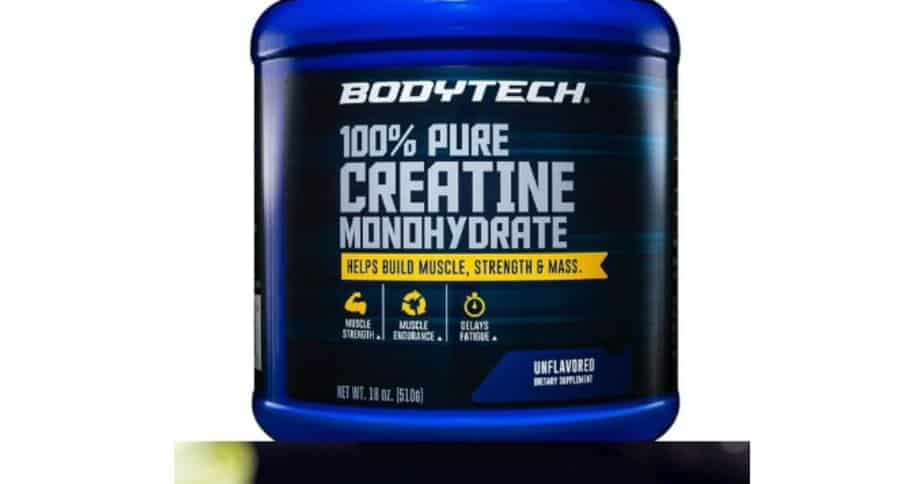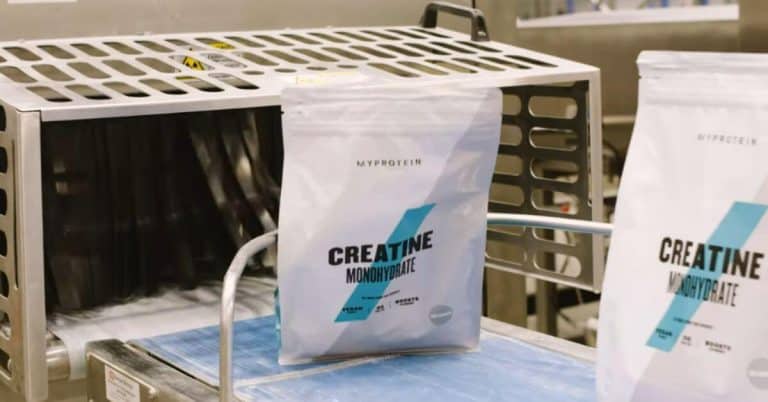Does Creatine Make You Fart? Find Out the Truth!
Last Updated on November 5, 2023 by Justin Harris
Does Creatine Make You Fart: Creatine can cause gas and bloating due to increased water retention in the muscles, leading to distension of the stomach and intestines. This side effect is uncommon but can occur with large servings or low-quality creatine supplements.
Understanding The Connection Between Creatine And Farting

- One of the side effects of creatine supplementation can be gas and bloating. This may be due to the fact that creatine can cause an increase in water retention in the muscles, which can lead to distension of the stomach and intestines, resulting in gas and bloating.
- Creatine itself is unlikely to make you gassy. However, if you take a large serving of creatine or a low-quality creatine supplement, it can cause stomach problems such as bloating and diarrhea.
- If creatine does have a role to play in your excessive farting, it is usually because you have mixed it with something sweet.
- Creatine on its own is unlikely to cause excess gas or farting. Typically creatine is consumed as a part of a diet which includes other supplements.
- Protein farts are more of an inconvenience than a danger. You may experience increased flatulence when you first start taking whey protein powders and snacks.
- In some individuals, creatine can create gastrointestinal upset, but this is extremely rare.
- The other major side effect of creatine is gastrointestinal distress and stomach issues. This can cause less desirable effects.
Factors Contributing To Gas And Bloating From Creatine
|
One of the side effects of creatine supplementation can be gas and bloating. This may be due to the fact that creatine can cause an increase in water retention in the muscles, which can lead to distension of the stomach and intestines, resulting in gas and bloating.Creatine itself is unlikely to make you gassy. However, if you take a large serving of creatine or a low-quality creatine supplement, it can contribute to gas and bloating. Additionally, mixing creatine with other substances, particularly those that have a sweet taste, can also increase the likelihood of experiencing gas and bloating. It is important to consider the quality of the creatine supplement, as well as dosage and serving size considerations when using creatine to minimize the risk of gas and bloating. It is also worth noting that individual variations in response to creatine can play a role in experiencing gas and bloating as well. |
Tips To Reduce Farting And Bloating From Creatine
One of the side effects of creatine supplementation can be gas and bloating. This may be due to the fact that creatine can cause an increase in water retention in the muscles, which can lead to distension of the stomach and intestines, resulting in gas and bloating.
Hydration And Water Intake As A Preventative Measure
Ensuring adequate hydration can help reduce the side effects of creatine, such as bloating and gas. Drinking plenty of water throughout the day can help flush out excess water from the body and prevent water retention in the muscles.
Choosing High-quality Creatine Supplements
Opting for high-quality creatine supplements can also help minimize gas and bloating. Look for reputable brands that have undergone strict quality control processes to ensure purity and efficacy.
Managing The Dosage And Timing Of Creatine Intake
Properly managing the dosage and timing of creatine intake can play a role in reducing farting and bloating. It is recommended to follow the dosage instructions provided by the manufacturer and consult with a healthcare professional if necessary.
Considering Alternative Forms Of Creatine To Minimize Gas
Sometimes, switching to alternative forms of creatine, such as creatine hydrochloride (HCL), can help minimize gas and bloating. These alternative forms often have better absorption profiles and may cause fewer digestive issues.
Read Also,
- Why Does Creatine Taste So Bad? Unveiling the Bitter Truth
- Why Does Creatine Make Me Nauseous: Unraveling the Mystery
- Why Does Creatine Powder Jump? Unveiling the Phenomenon
- Why Doesn’t Creatine Dissolve? Find the Solution Now!
- How Long Does Creatine Last in Water: Uncovering the Secrets
- Does Creatine Make Your Balls Smaller? The Shocking Truth Revealed
Creatine Versus Protein: Understanding The Smell Factor
One of the side effects of creatine supplementation can be gas and bloating. This may be due to the fact that creatine can cause an increase in water retention in the muscles, which can lead to distension of the stomach and intestines, resulting in gas and bloating.
It is important to note that creatine itself is unlikely to make you gassy, but if you take a large serving of creatine or a low-quality creatine supplement, it can contribute to gas and bloating. The other major side effect of protein consumption is gastrointestinal distress, which can also lead to gas and bloating.
When it comes to managing gas caused by protein intake, some tips include consuming smaller portions, choosing leaner protein sources, and properly cooking them. Additionally, it is recommended to eat slowly and not to rush your meals, as this can lead to swallowing air and increasing gas production.
When using both creatine and protein, it is important to stay properly hydrated to minimize any potential side effects. Overall, while some individuals may experience gas and bloating from creatine and protein consumption, these side effects can generally be managed by following these strategies.
Conclusion
Creatine supplementation can sometimes lead to undesirable side effects such as gas and bloating. This is likely due to the increase in water retention that creatine can cause in the muscles. When the stomach and intestines become distended, it can result in gas and bloating.
Although this is a rare occurrence, it is important to be aware of the potential for these side effects when considering creatine supplementation. If you experience gastrointestinal distress, it may be beneficial to consult with a healthcare professional for guidance.
Remember to always choose high-quality creatine supplements and follow proper dosage recommendations.






